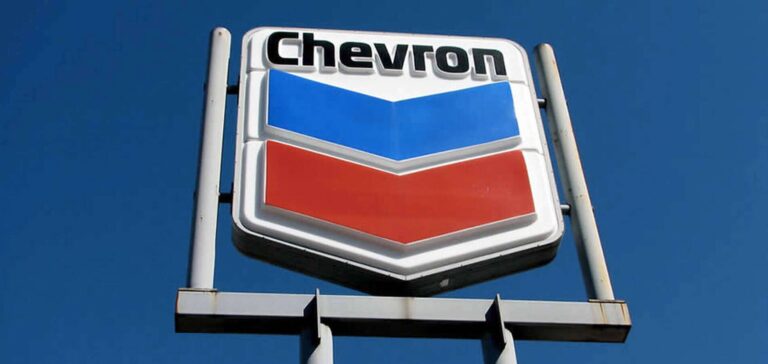Venezuela will not benefit from the investments of the American oil company Chevron, according to its CEO.
The American license
In Venezuela, Chevron recently received a license to increase its oil production for six months. The Bidenadministration allowed the company to restart existing oil projects in the U.S. sanctioned country. This allows the company to bring new oil supplies to U.S. refiners.
However, cash payments to Venezuela are being reduced, which could decrease the amount of oil available to Chevron. The Americans expect progress in terms of dialogue between the ruling government of Nicolas Maduro and the opposition party. The company does not decide to invest while restrictions remain.
Thus, the only hope lies in a gradual easing of sanctions. As Chevron CEO Wirth says, this would give the company more room to operate in Venezuela. For its part, Washington says it would allow the sanctions to be eased only if Caracas reaches an agreement with opposition leaders on the terms of a presidential election.
Reluctant shareholders
The current oil market conditions make the prospect of investing in Venezuela more favorable. Chevron’s shareholders say they are opposed to increased exploration and production spending. However, the CEO is attempting a proposal to accelerate investments in South America.
According to the shareholders, the investments in the company would be affected because of the risk-taking. Chevron CEO Michael Wirth states:
“It’s unlikely we’ll come in with an investment in a drilling campaign that increases production in the next six months. There’s a lot of work to do … to get us moving in that direction.”
The $3 billion in dividends and debts owed by Chevron to the state-owned oil company PDVSA for its joint ventures certainly works against an investment in the country.
Chevron is, however, the last major American oil company still operating in Venezuela. So far, the sanctions are not stopping Venezuelan exports to other countries. Indeed, the U.S. is being flexible to help the U.S. refining system.






















